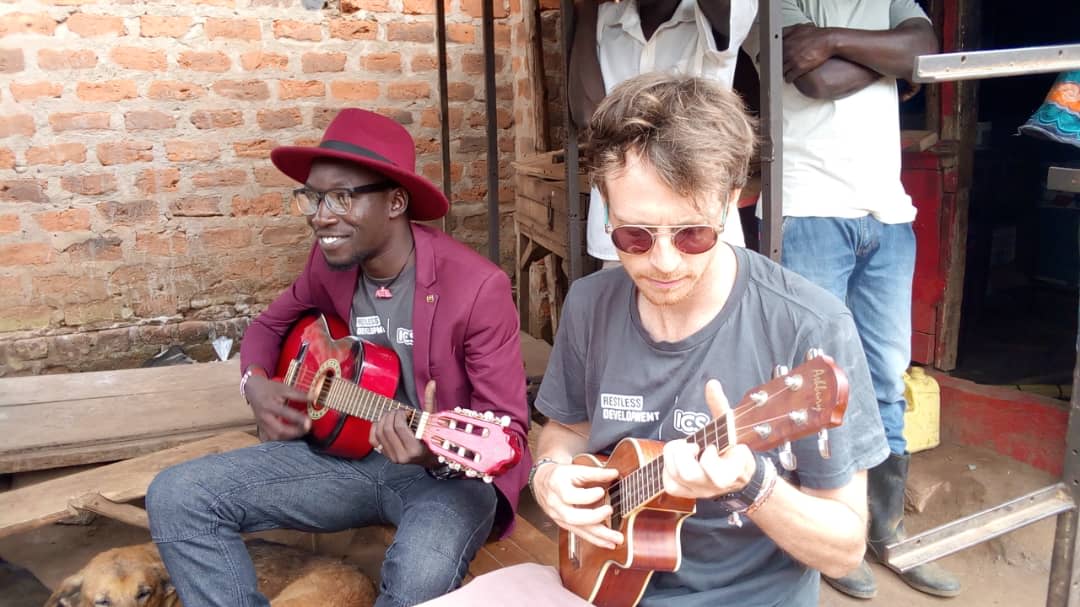Another door slams shut for the disrupted generation
A scheme sending young volunteers on charity projects abroad is on the brink of disappearing for good
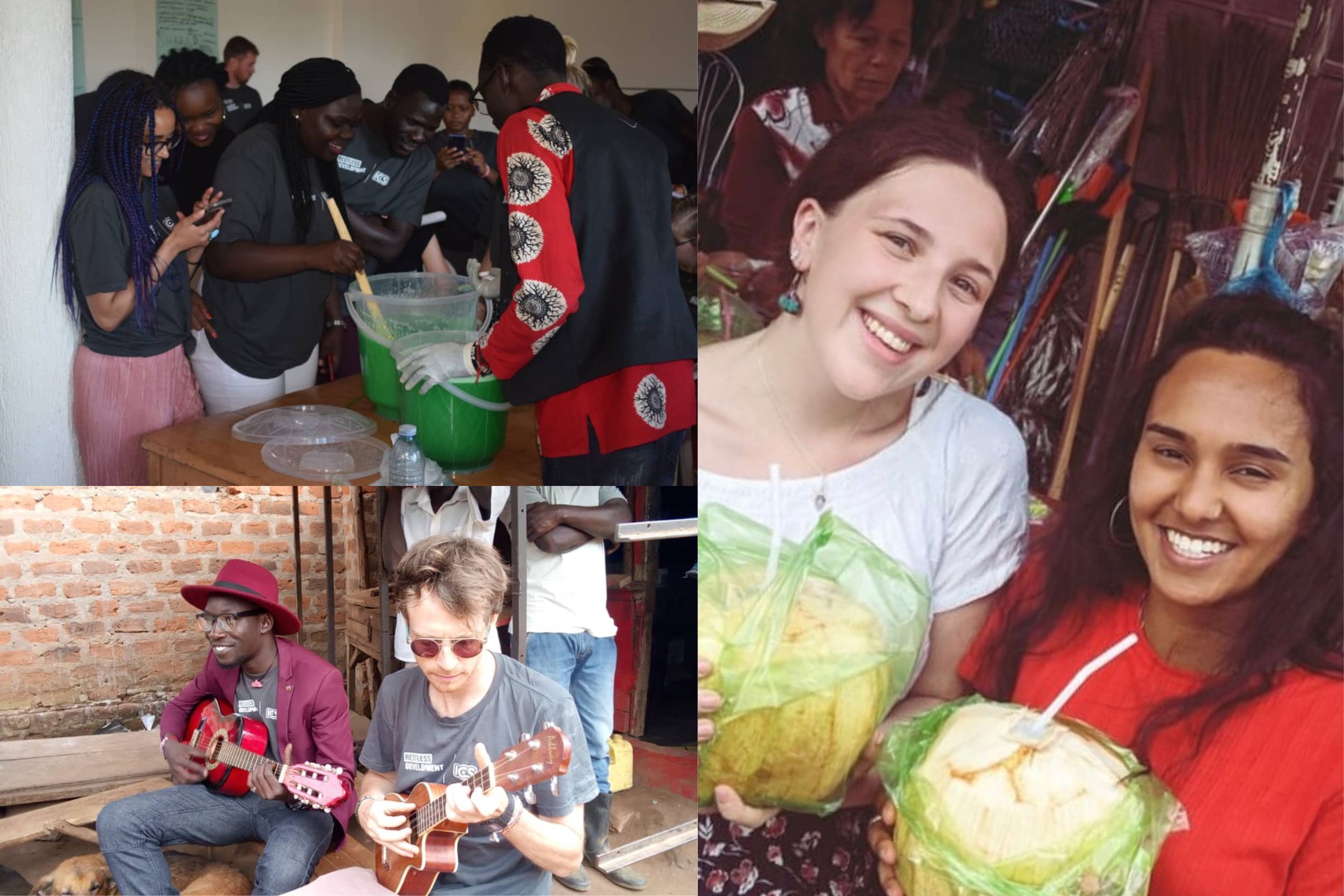
CREDIT: LOU AVEY
CREDIT: LOU AVEY
When Lou Avey returned from a placement in rural Cambodia, she felt empowered.
She had just spent three months living and working with young people from the southeast Asian country, overcoming linguistic and cultural barriers to carry out education and community projects.
The experience provided by the International Citizen Service (ICS) was invaluable for Lou, who was brought up by her sister on a council estate in Blackley, north Manchester, which was identified by the Joseph Rowntree Foundation as one of the parliamentary constituencies with the highest poverty risk score in the UK.
After returning home in 2019, the 23-year-old moved to Poland to teach English, plans that were curtailed by the coronavirus pandemic.
📣 ICS #volunteer Louise Avey (@louiseaveypoet) is airing on @BBCRadioManc today. Louise will be sharing what she's been up since returning her ICS placement and more on her experience #volunteering in #Cambodia. Tune in at 1:50pm. You can listen here: https://t.co/gtdAocWDw0. pic.twitter.com/XkFAwZfbW8
— ICS (@ICS_UK) May 6, 2020
Determined to keep effecting change, Lou volunteered with a charity to help people from the LGBTQ+ community who felt isolated during the pandemic.
These experiences inspired Lou, who is pansexual, to set up a global platform called Sisterhood to magnify the voices of queer, non-binary and trans women.
“I found that women all over the world were facing exactly the same issues, even though the experiences were different, and I thought there needs to be a space when I can do something positive about it.”

More than 6,000 miles away, Abel Odeke, 26, is busy working as the managing director of Equal Aqua Uganda, an organisation tackling water inequality in rural and low-income communities.
He co-founded the project in 2020 with friends from the UK and Uganda who met each other as ICS volunteers and saw first-hand the challenges that some Ugandans faced in accessing clean water and sanitation.
Although it was initially challenging working with volunteers from Britain, Abel quickly bonded with his counterparts.
“Because of ICS, we gained confidence through organising workshops and practising public speaking, which applies directly to my role now as a manager,” he said.
Abel’s achievements were recognised this year by Boris Johnson, the prime minister, who awarded him a Points of Light award for building sustainable water tanks with “ecobricks”, waste plastic bottles filled with sand.
Lou and Abel agreed that ICS was a valuable, even life-changing opportunity - an opportunity that is now on the brink of disappearing for good.
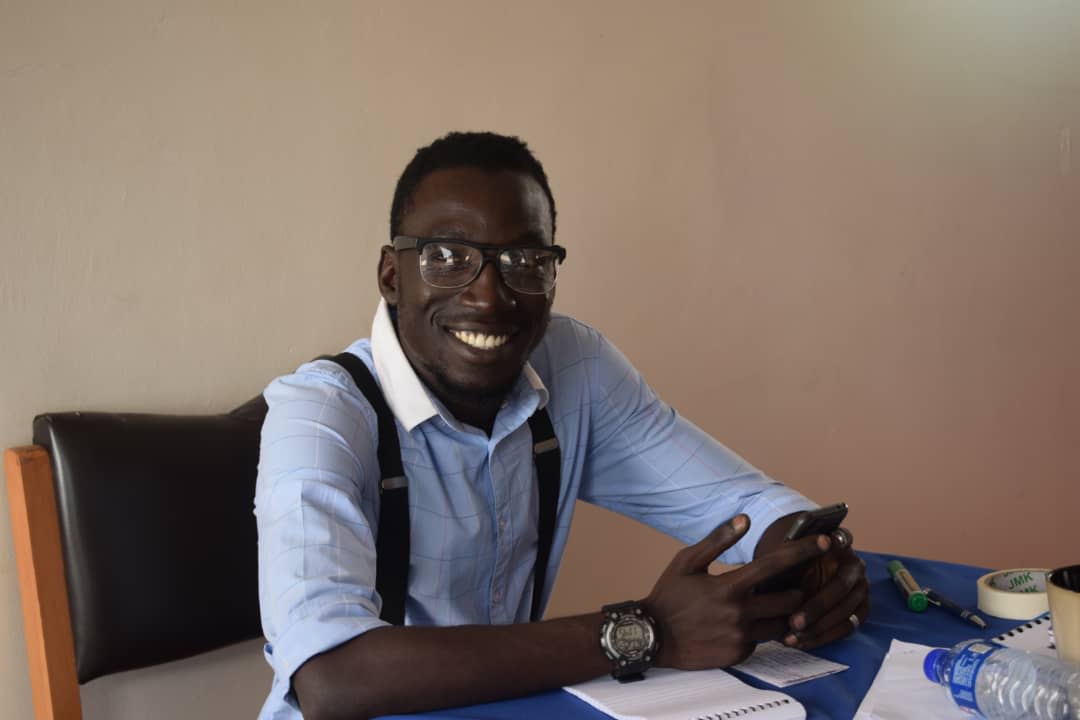
CREDIT: ABEL ODEKE
CREDIT: ABEL ODEKE
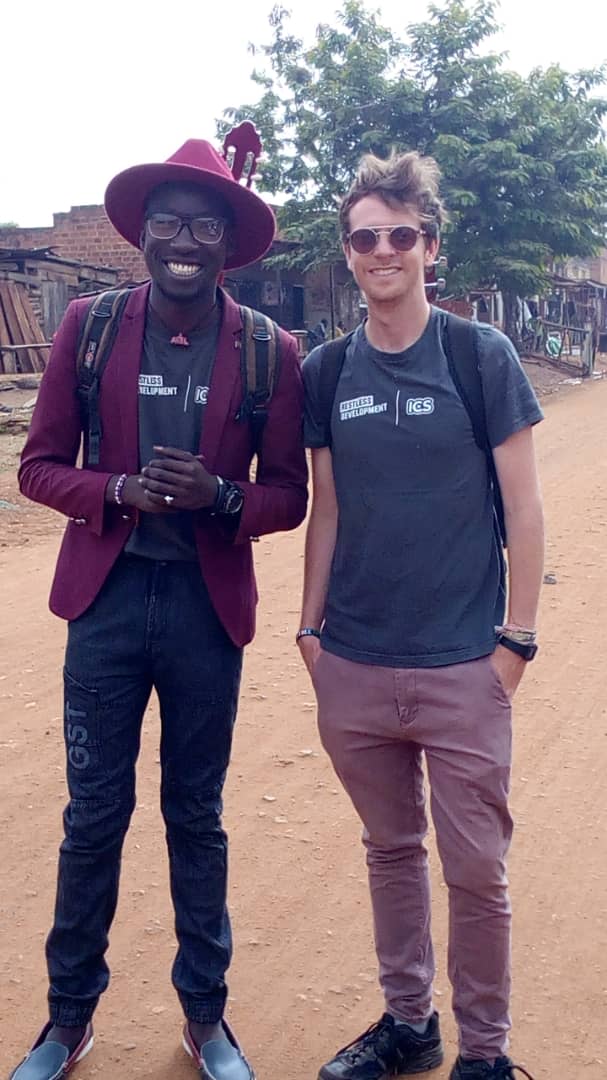
CREDIT: ABEL ODEKE
CREDIT: ABEL ODEKE
Lost opportunities

The UK government scheme funded and organised volunteer placements for 18 to 25-year-olds and brought together young people from across the world.
Since it was founded by David Cameron in 2011, ICS has brought together more than 40,000 young people from the UK and overseas on programmes to alleviate poverty and forge sustainable development across 32 different countries. It has been cut back repeatedly over the years and by the start of the pandemic placements were being offered in only seven countries.
Many of the UK volunteers came from diverse and disadvantaged backgrounds. Some had never owned a passport before being accepted onto the programme.
But like many opportunities for young people in recent years, this door has slammed shut. The contract for ICS ended in February and amid wider cuts to the foreign aid budget the government has not made any promises to restart the programme.
This did not escape the attention of MPs, who demanded answers from the government in a private notice question on March 16, 2021; answers that Lord Goldsmith of Richmond Park, a minister in the Foreign, Commonwealth and Development Office (FCDO), could not provide.
CREDIT: PARLIAMENTLIVE.TV
CREDIT: PARLIAMENTLIVE.TV
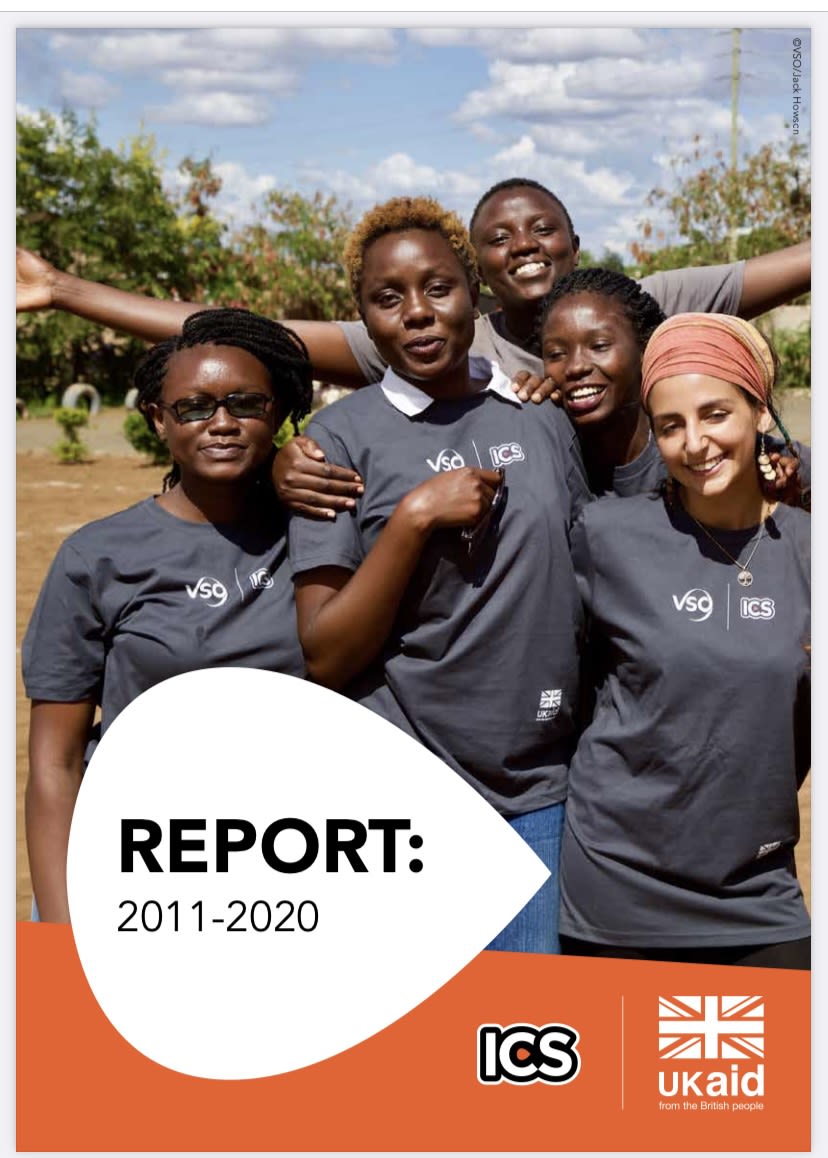
Philip Goodwin, chief executive of Voluntary Service Overseas (VSO), the organisation that led ICS, believes the government is making a mistake.
“ICS is a really powerful programme and we’ve seen so many fantastic examples of that,” he said.
“Many projects focussed on important issues like child marriage, girls’ education, climate action, while simultaneously building the confidence of young people to both have a voice and support the growth of civil society in their own countries.”
This impact is reflected in data from ICS’s final report. Surveys conducted on volunteers show that increased confidence was one of the most widely reported changes, while a consultancy firm estimated every £1 spent on ICS produced £4.64 of social value.
Cut back
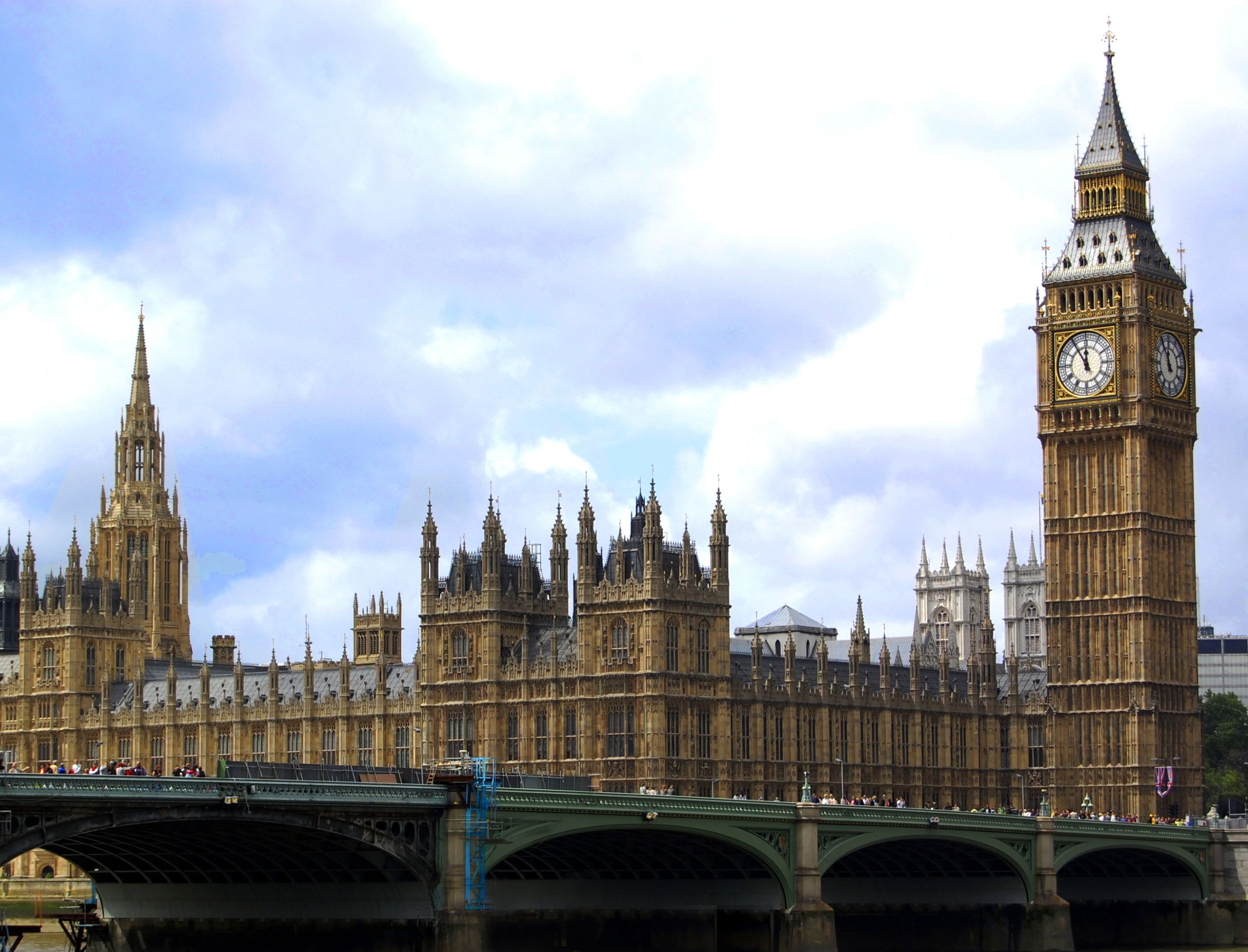
It is not just ICS that faces an uncertain future, but VSO and UK foreign aid more generally.
The government announced in November that it was cutting its aid spending from 0.7% of the national budget to 0.5%, citing the pressures of the pandemic.
A commitment to set aside 0.7% for aid had been enshrined in law by the 2015 International Development Act.
Critics say that the government has not been clear about when or where these cuts will take place, with the Labour MP Sarah Champion, chairwoman of the international development committee, lamenting that it was an “understatement” to say that a government update on April 22 was “scant on detail”.
Not all onlookers may be so concerned, with some previously criticising international aid as a continuation of colonialism that harms more than it helps.
ICS itself was not without controversy. In 2012 the scheme was described as “high risk” by the National Audit Office after two volunteers drowned and others were sexually assaulted.
The same year, it was criticised in The Daily Telegraph for providing “gap-year holidays that reveal the madness of overseas aid”.
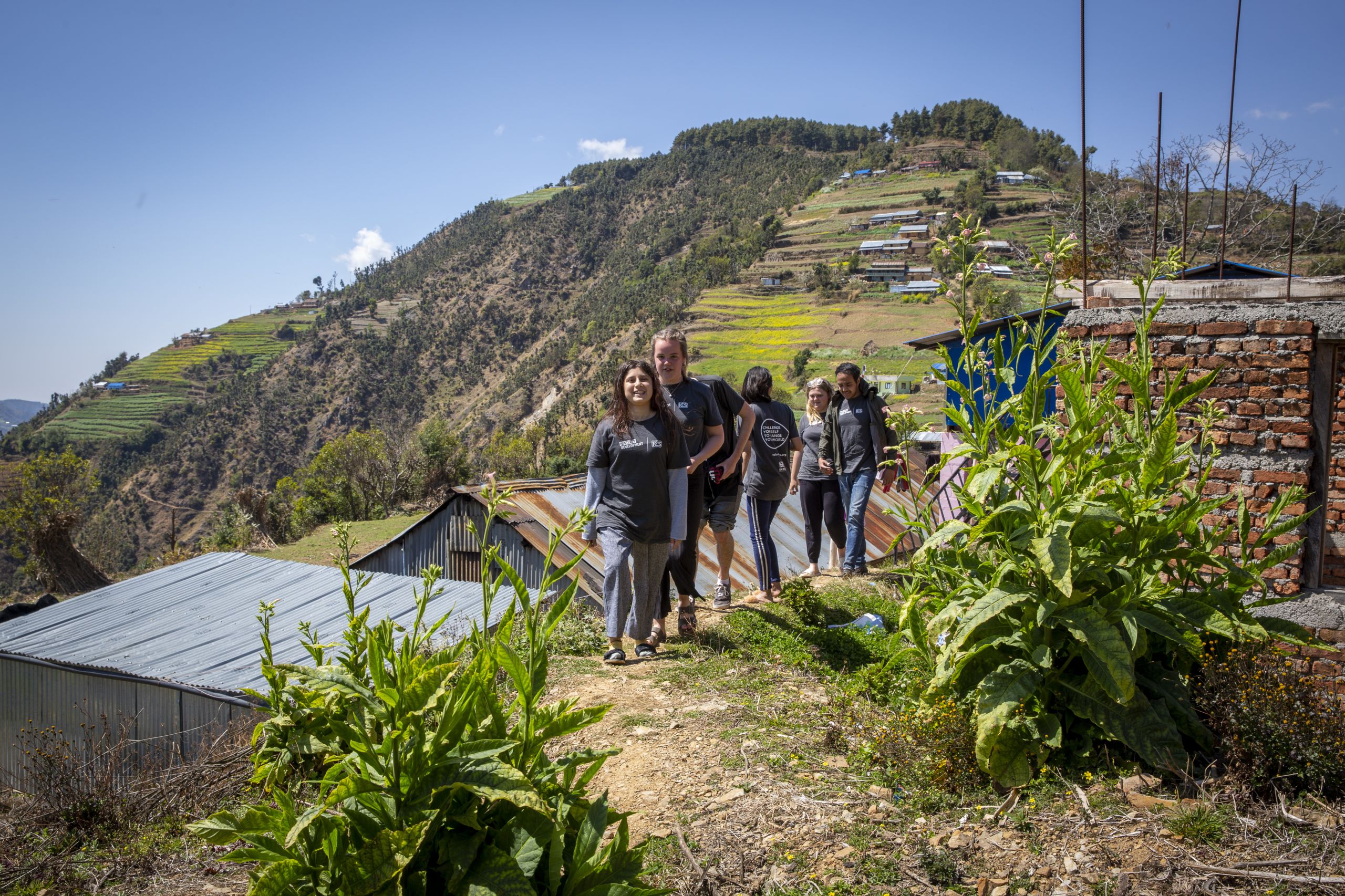
ICS VOLUNTEERS IN NEPAL | CREDIT: ANDY AITCHISON/ICS
ICS VOLUNTEERS IN NEPAL | CREDIT: ANDY AITCHISON/ICS
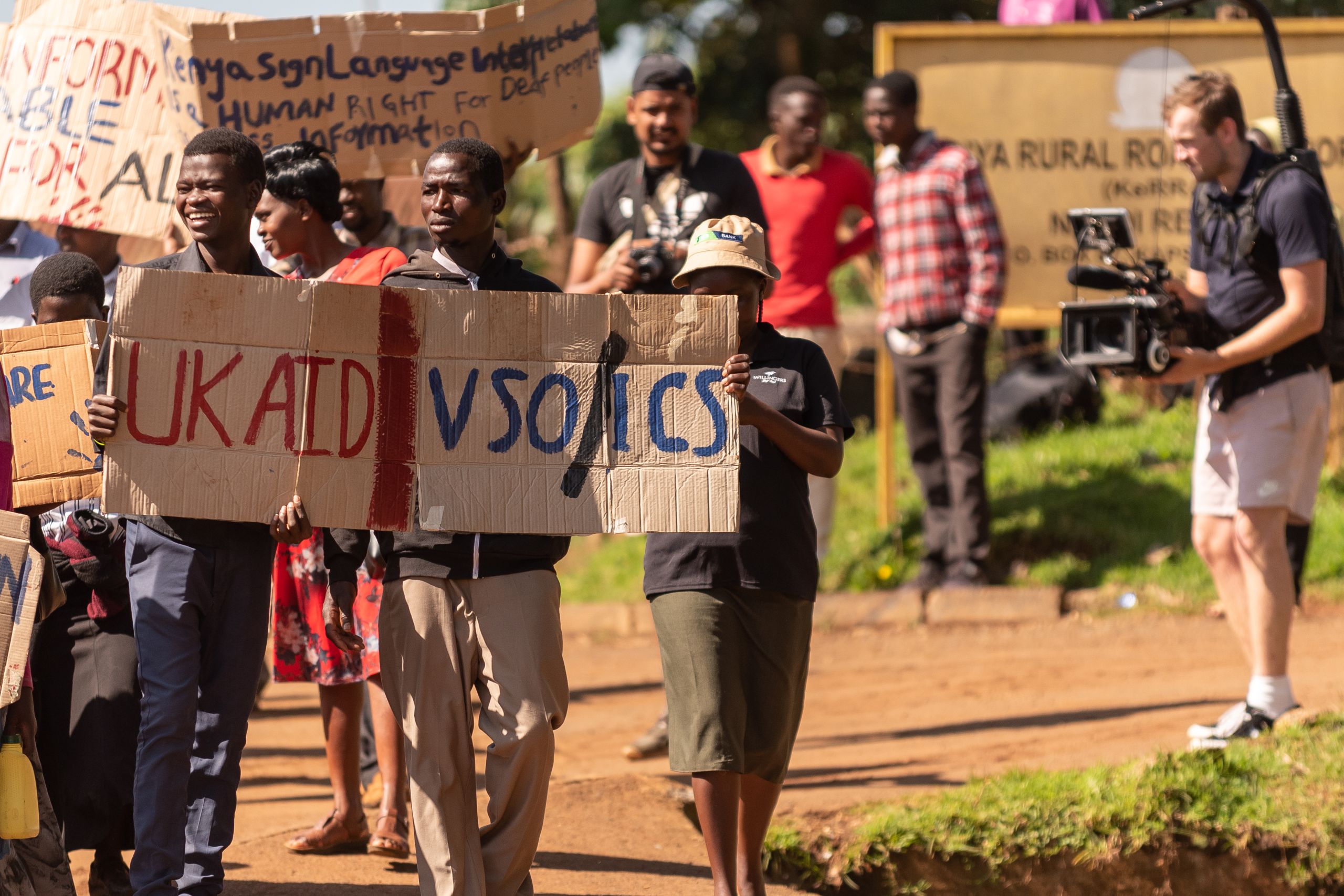
ICS DISABILITY AWARENESS PARADE IN KENYA | CREDIT: PAUL WAMBUGU/ICS
ICS DISABILITY AWARENESS PARADE IN KENYA | CREDIT: PAUL WAMBUGU/ICS
But for Gary Forster, chief executive of the aid watchdog Publish What You Fund, the government’s lack of transparency about aid cuts is concerning for all observers: “Whether you’re pro or anti-aid, no one thinks that these decisions should be going on behind closed doors.”
He added: “You literally have NGOs scrabbling around in data systems to try and figure out if the government has changed its publication of data and if so what that could mean for the country where they’re working.”
The FCDO did not respond to a request for comment.
Goodwin also believes that the government is storing problems up for the future if it does not restart schemes for young people like ICS.
“Older people are more at risk from dying of Covid-19, but in terms of disruption of their lives, the pandemic has impacted young people disproportionately, and we’re seeing the cutting of ICS as another closure of opportunity for that disrupted generation.”
Indeed, ONS figures show that almost two thirds of people in the UK who lost their jobs during the pandemic are under 25. Of all 16 to 24-year-olds who are unemployed, 74% have been unemployed for at least six months.
“I think that we’re building up a real problem for ourselves. The government should be thinking very seriously and strategically about what they’re going to do. This is going to play out over the next ten, fifteen years, and we need to be clear about what we’re going to do for young people.”
